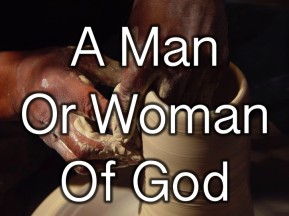While our salvation is personal, it is not private. With our baptism into Christ’s salvation comes our baptism into His body and along with it, our responsibility for one another.
For most modern people, community is either a rare experience or a distant, even mocking, ideal. . . However strong our individual callings are, our sense of corporate calling is often very faint. . .
Our primary calling as followers of Christ is by him, to him, and for him. Our secondary calling, considering who God is sovereign, is that everyone, everywhere, and in everything should think, speak, live, and act entirely for him. . .
Christianity is certainly a term used in the New Testament, but by outsiders and with the suggestion of an insult. To others, Christians were Christianoi – “Messiah’s men.” But among themselves, the preferred term for disciples was followers of Jesus or followers of the Way. . . Jesus had constituted his disciples with two decisive words: “Follow me.” So there was no “Christianity” abroad on the earth, only a radical, new “Way” and a motley band of “brothers” and “sisters” who were “followers of the Way. . .”
When Christians concentrate their time and energy on their own separate spheres and their own institutions-whether all-absorbing megachurches, Christian yellow-page businesses, or womb-to-tomb Christian cultural ghettoes-they lose the outward thrusting, transforming power that is at the heart of the gospel. Instead of being ‘salt’ and ‘light’ -images of a permeating and penetrating action-Christians and Christian institutions become soft and vulnerable to corruption from within.
The call of Jesus runs counter to all these modern trends because it is inescapably a corporate calling. . . Each of us is summoned individually and therefore uniquely and personally. But we are not summoned to be a bunch of individual believers, rather a community of faith.
― Os Guinness, The Call: Finding and Fulfilling the Central Purpose of Your Life
[/vc_column_text][/vc_column][/vc_row][vc_row][vc_column width=”1/1″]











